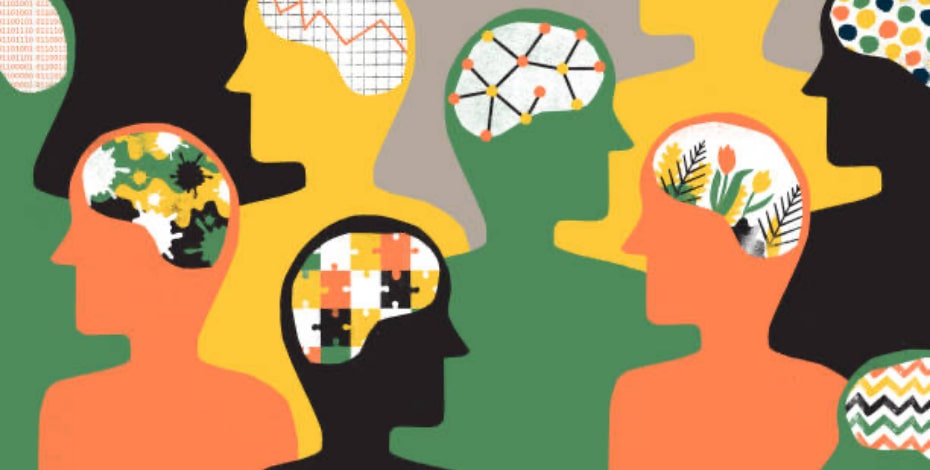
Rethinking physiotherapy and mental health

October is Mental Health Month and I wanted to devote this Final Word to the valuable role physiotherapy should (and in many cases does) play in mental health.
On 26 July, APA President Scott Willis gave evidence to the House Select Committee on Mental Health and Suicide Prevention inquiry.
The presentation emphasised that APA members often treat people with mental health issues and that physiotherapy’s value in the treatment of these patients is largely unrecognised and under-utilised.
Physiotherapists are highly trained in multidisciplinary, interdisciplinary care; however, Australia’s mental health system limits this care by not properly investing in and promoting team-based care that includes physiotherapists.
We recognise that physical and mental healthcare should not be treated in isolation but within multidisciplinary team-care arrangements.
The APA wants governments to undertake transformational change so that people with mental health issues and suicidal tendencies receive the supports and services they need.
Registered physiotherapists should be included in multidisciplinary teams to assist in the treating of the patient’s physical and mental health.
This can only bolster the notion that ‘every door is the right door’ and encourage the reduction of red tape and longwinded referral processes in contemporary primary healthcare principles.
In the hearing, Scott noted that major depression is the most common mental health condition associated with chronic pain.
About 30 to 40 per cent of people with a diagnosed mental health condition also present with chronic pain.
Almost a third of Australian adults experiencing severe or very severe pain have higher levels of psychological distress, estimated to be around three times the rate of those with mild pain and six times the rate of those with no pain.
One in five adults with severe or very severe pain experiences depression or other types of mood disorders.
Mental health issues and illnesses and chronic pain place significant burdens on individuals and the Australian healthcare system.
Untreated or inappropriately treated pain can be a major factor in mental ill health.
Any person with reduced or poor physical mobility, with loss of function or experiencing chronic pain is less able to participate in many aspects of life, including work, socialising, exercise and travel.
Pain has an impact on family and physical relationships too, so it makes sense to view physical, social and mental health as inextricably linked.
Australia’s mental health landscape is often seen as being the domain of psychiatrists and psychologists only, yet there is an enormous workforce, including physiotherapists, who can provide support for people dealing with mental health issues.
The traditional exclusion of physios (and others) from any assessment or understanding of how we approach mental health and suicide represents a huge lost opportunity for individuals and the health system.
It’s time for us to change the paradigm.
The health system needs to catch up with what we know to be true—that mental health does not exist in a vacuum and that a multidisciplinary approach simply makes sense.
Once this is recognised, good policy and investment must follow.
Only then do we have hope of addressing the mental health crisis that is brewing in Australia.
© Copyright 2025 by Australian Physiotherapy Association. All rights reserved.





